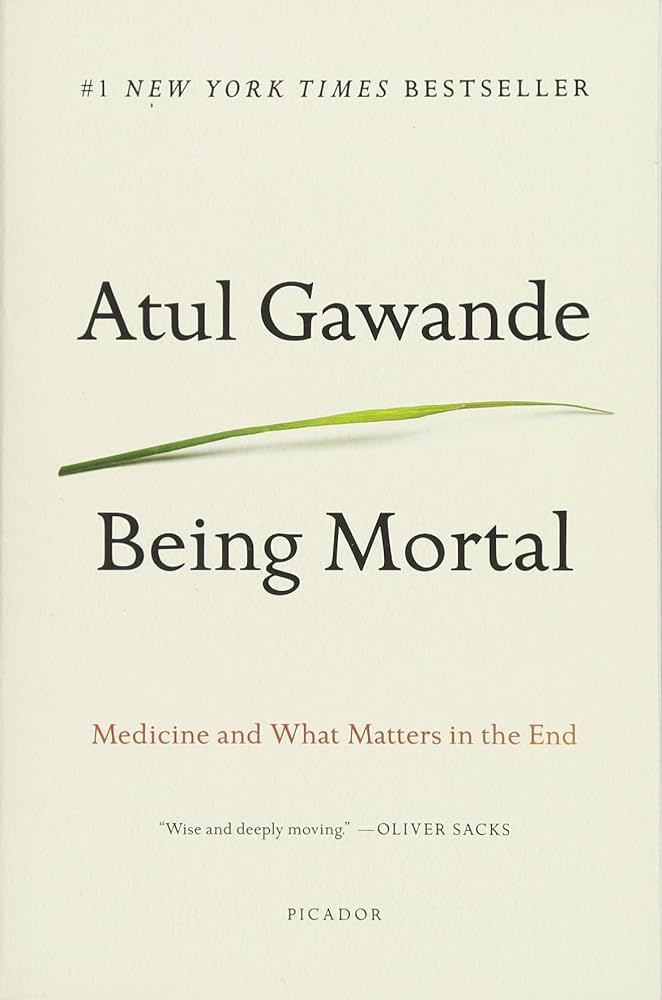The book's central premise is that modern medicine, with its remarkable advances in prolonging life, often fails to address the more fundamental question of what it means to have a good life, especially in the twilight of our existence. Gawande argues that the medical system's focus on curing diseases sometimes overshadows the importance of preserving the individual's autonomy and dignity as they age or face life-threatening illnesses. He sheds light on how medical professionals, patients, and their families can work together to make decisions that prioritize quality of life over the mere extension of it.
Gawande introduces readers to the stark reality of nursing homes and assisted living facilities and examines the limitations of these institutional settings in providing meaningful and fulfilling lives for the elderly. He also delves into the subject of aging in place, where individuals choose to remain in their own homes with the necessary support and care, highlighting the importance of maintaining a sense of independence and control.
One of the strengths of "Being Mortal" is Gawande's storytelling ability. He shares personal anecdotes and profiles patients and their families, allowing readers to connect with the emotional and ethical dilemmas faced by those dealing with end-of-life decisions. These stories humanize the complex healthcare issues discussed in the book and make them relatable to a wide range of readers.
Gawande's writing is clear, engaging, and accessible, even for those without a medical background. He skillfully weaves together research findings, historical perspectives, and interviews with experts in the field to offer a comprehensive view of the subject matter. He also presents innovative and practical solutions for improving end-of-life care and encourages a more open and honest conversation between healthcare providers and patients about their wishes and priorities.
"Being Mortal" challenges readers to reconsider their own attitudes and assumptions about aging, illness, and mortality. It serves as a poignant reminder that, ultimately, it is not just the length of life that matters but the quality of life lived. As a society, we must learn to balance the pursuit of medical advances with a deep understanding of what it means to die well.
In conclusion, "Being Mortal" is a must-read for anyone concerned with the realities of aging, illness, and end-of-life care. Atul Gawande's compassionate and informative exploration of these topics forces us to confront our own fears and biases and to rethink how we approach the final stages of life. This book is a powerful and insightful guide that empowers readers to make more informed and compassionate choices for themselves and their loved ones when facing the inevitable challenges of mortality.




Comments (0)